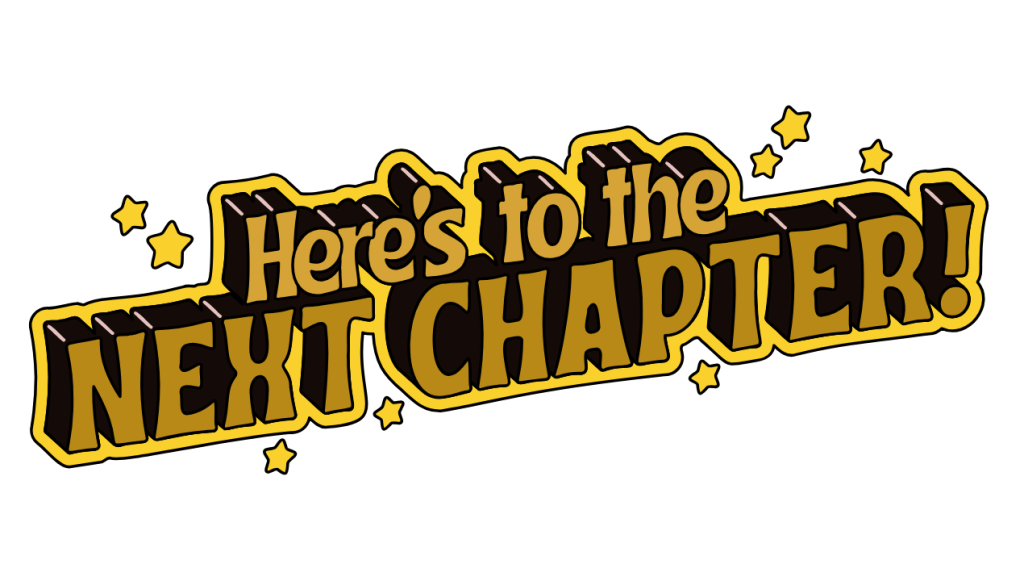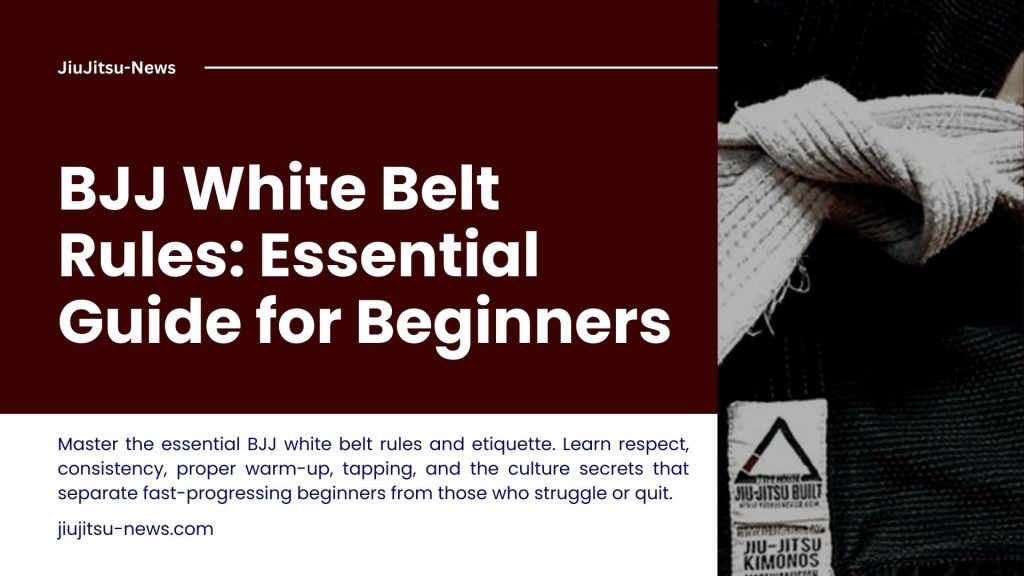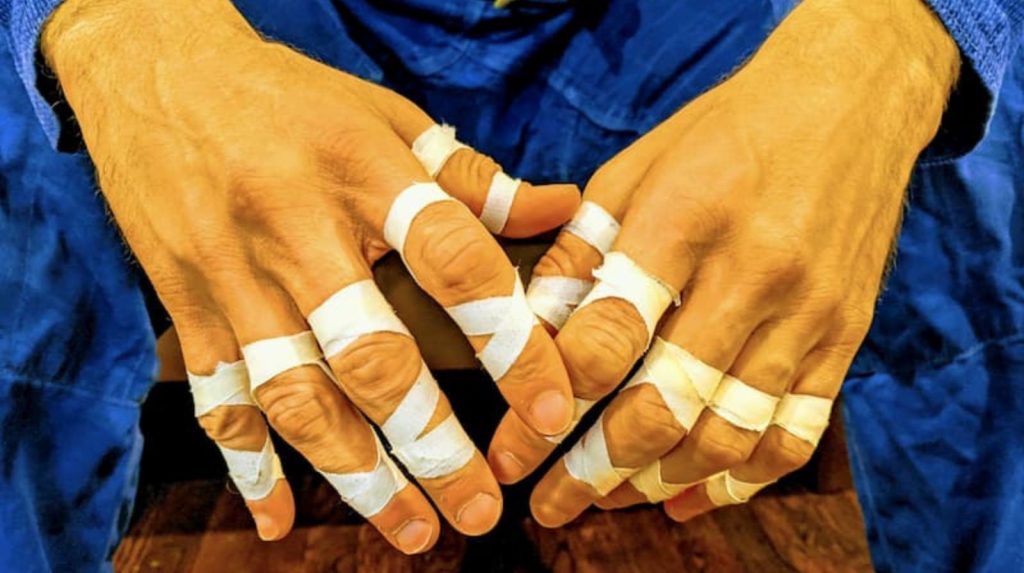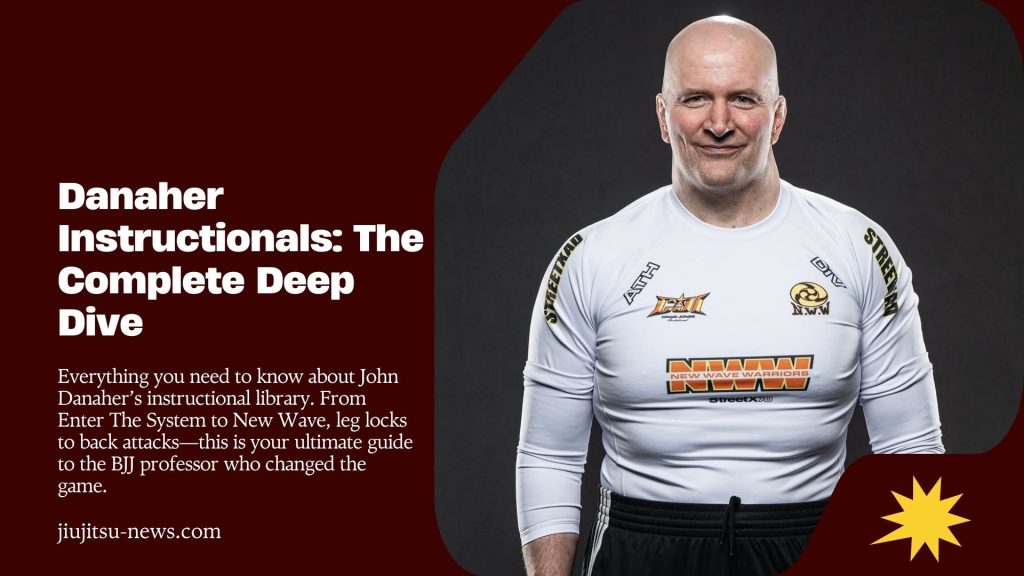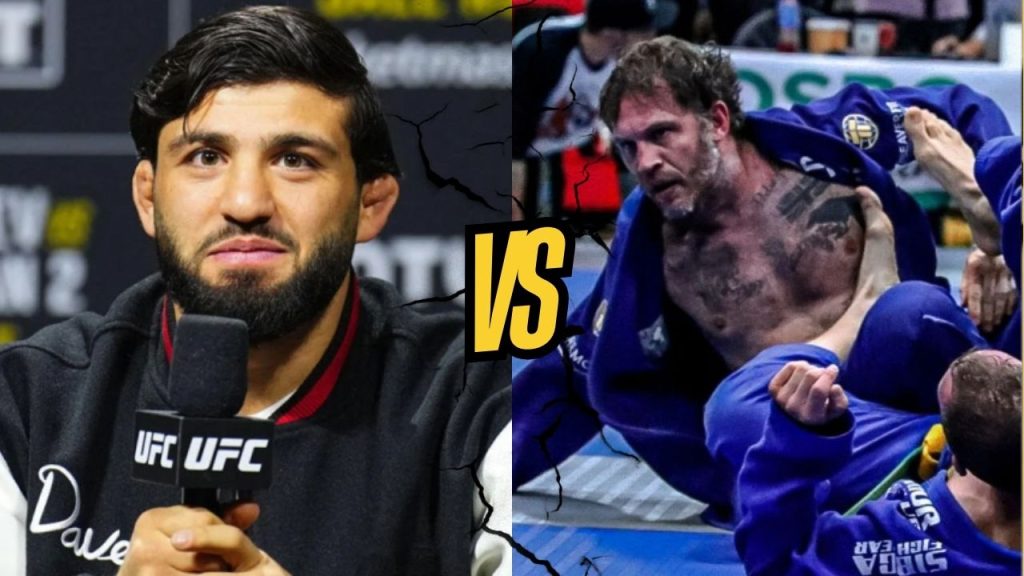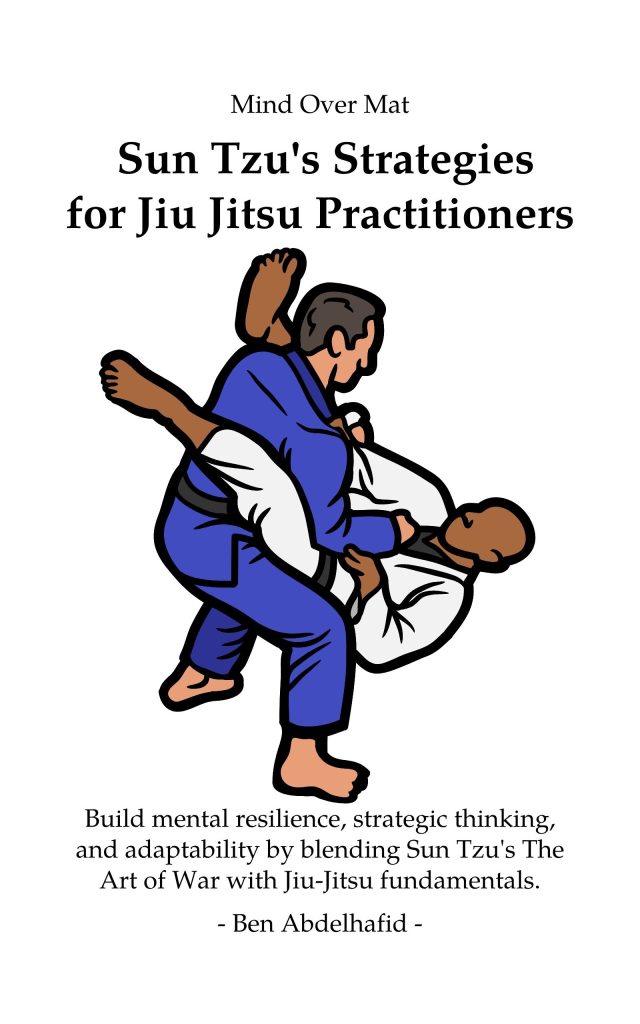
Chapter 7: The Person and the Team
What It Means to Be Part of a Jiu-Jitsu Community
When you learn Jiu-Jitsu, the idea of community is very important for both your own growth and the growth of the art itself.
As practitioners go through training, they become part of a network of people who can help, support, and share information.
This community-like setting makes it possible for people to learn from each other, share ideas, and improve their skills.
The value of community goes beyond just getting to know each other; it’s made up of the experience and knowledge of people who are all trying to learn the art of Jiu Jitsu.
Here’s why?
1# Motivation and support
Community in Jiu-Jitsu can be compared to how important allies are in battle.
In the same way that Sun Tzu said that strategic alliances could help you, practitioners can gain a lot from making links with their peers.
People in these situations not only get motivation and support, but they also learn about new techniques and points of view.
Working with a training partner lets practitioners try out different styles and methods, which helps them learn more and get better.
2# Mental Toughness
The community part of Jiu Jitsu is also very important for the mental toughness of its practitioners.
People can face their fears, get through tough situations, and feel like they belong when they train in a supportive atmosphere.
This is especially important in a martial art that asks you to be open and humble.
Sharing experiences, whether they are successes or mistakes, builds bonds that make each practitioner feel like they are a part of something bigger than themselves.
This feeling of belonging can be a strong motivator, pushing people to go beyond their comfort zones and try to get better.
3# Appropriate learning
Participating in Jiu-Jitsu in the community also creates chances to lead and learn from others.
Those with more experience in the art often act as mentors, helping newbies understand how it works.
This kind of mentoring not only helps people who are less experienced grow, but it also improves the knowledge and skills of the teachers.
This makes the community a place where people learn and grow, and where wisdom is passed down and improved.
Working Together With Training Partners
If jiu jitsu practitioners want to get better at the art and understand it better, they need to work with training partners.
In the same way that Sun Tzu said alliances were important in war, building strong ties with training partners can help you get better on the mats.
These partnerships not only give people a chance to practice, but they also create a place where everyone can grow and where techniques can be learned, improved, and tried.
Knowing how to work well with others can have a direct effect on how well someone does in jiu-jitsu.
1# Pick up the right partners
It is very important to pick the right training partners if you want to get the most out of working together.
People who are practitioners should look for people whose skills compliment their own.
This could mean pairing up with someone more experienced or someone at the same level.
When you train with someone who is better than you, you can learn more advanced methods and strategies. This helps you improve by letting you observe and copy what they do.
On the other hand, working with practitioners who aren’t as experienced can help them improve their own skills by teaching and explaining ideas, which can help them understand them better and also make them a better leader.
2# Good communication
Another important part of working together well is being able to communicate clearly.
Sun Tzu says that troops should have clear plans and talk to each other.
In the same way, jiu-jitsu practitioners should tell their partners about their goals, desires, and concerns. It can help to be clear about what everyone wants to get out of a training lesson so that the activities are more focused and useful.
Also, talking about specific moves or skills to work on can make the learning process more fun and help both partners get the most out of their time together.
3# Seeking Feedback
It is important for the collaborative process to include feedback.
Practitioners should talk about their work with others after each training session, giving them both positive feedback and support.
Sun Tzu told leaders to learn from their mistakes and change their plans based on what they found.
With a solid feedback loop, jiu-jitsu practitioners can find ways to improve and make plans for future training by looking at what worked and what didn’t.
This practice of reflection not only makes the relationship between partners stronger, but it also helps each person grow in their jiu-jitsu journey.
Making a welcoming space is important for working together to work well.
Jiu-jitsu practitioners should make a place where both partners can try out new techniques and make mistakes without feeling judged. When they feel safe trying new things and pushing themselves, they are more likely to get better at what they do.
Balancing Between Individual Skill and Team Dynamics
For jiu-jitsu to work, there needs to be a balance between individual skill and working as a team. This is true both on and off the mats.
Realizing that while improving your own techniques and skills is important, working as a team can improve your total performance.
If a practitioner is great on their own, they might still be limited if they don’t think about how their skills affect the dynamics of their training partners and the culture of the school.
1# Improving your Individual Skill
Individual skill development is an important part of learning jiu-jitsu.
Each practitioner has to put in time to improve their skills, learn how different stances work, and become an expert at both submissions and escapes.
This kind of mental growth is like a general sharpening their sword—it gets a person ready for the battles they will face.
But in addition to having the skills themselves, you need to know how to use these methods well in a group setting.
Practitioners who can share their knowledge and skills with their teammates create a setting where everyone can learn and grow, which is good for everyone in the long run.
2# The importance of team work
An important part of a jiu-jitsu school is how the team works together.
When people train with a partner, they can test their skills against different body types and styles, which gives them important feedback that they can’t get from doing drills by themselves.
Sun Tzu said that adaptability was important in strategy. In the same way, jiu-jitsu practitioners need to learn how to change their moves based on their training partners’ skills and weaknesses.
This ability to adapt makes learning more fun and builds respect and friendship among partners, making a supportive environment where everyone can do well.
3# Importance of communication in the team
Communication is another important part of finding a balance between individual skill and team relationships.
Practitioners are encouraged to share their ideas and feedback freely, which creates an atmosphere where people feel comfortable asking questions and having conversations.
People on the team can improve their skills as a whole as well as their own success through this dialogue.
In this case, practitioners should try to learn from each other, since working together often leads to new findings and improvements in technique.

